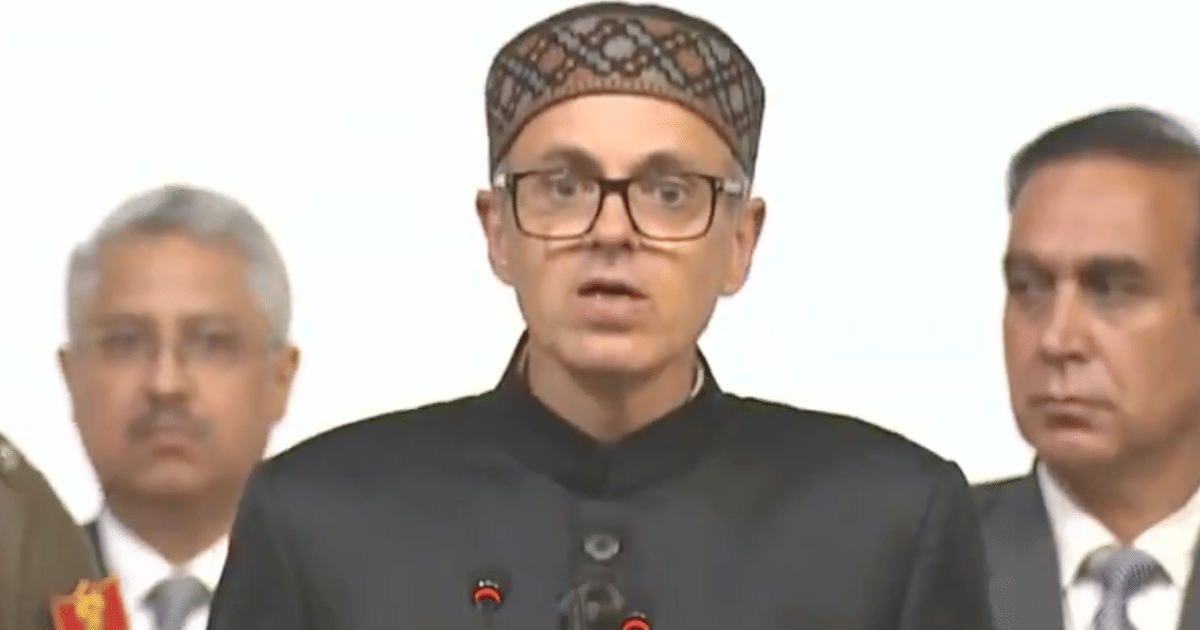 |
|
The political landscape of Jammu and Kashmir took a significant turn on Wednesday, October 16, as Omar Abdullah, leader of the National Conference (NC), was sworn in as the new Chief Minister of the Union Territory. Prime Minister Narendra Modi, in a gesture of political goodwill, extended his congratulations to Abdullah, assuring him of the central government's full support in facilitating the progress of Jammu and Kashmir. This development marks the return of an elected government to the region after a period of direct rule following the abrogation of Article 370 in 2019.
The swearing-in ceremony, held at the Sher-i-Kashmir International Conference Centre in Srinagar, saw Lieutenant Governor Manoj Sinha administering the oath of office to Abdullah and five other NC lawmakers, including Sakina Masood (Itoo), Javed Dar, Javed Rana, Surinder Choudhary, and Satish Sharma. This marks a significant shift from the previous political landscape where the BJP, led by the central government, had a dominant presence. The Congress, which had entered into an alliance with the NC for the elections but performed poorly, opted to support the new government from outside.
The formation of the NC-led government comes after the National Conference secured a comfortable majority in the recent assembly elections, winning 42 out of the 90 seats. The BJP, while securing a considerable number of seats (29), failed to form a government. The new government is further bolstered by the support of four Independent legislators and one from the Aam Aadmi Party (AAP), along with the backing of the Congress, which won a meager six seats in the elections. The NC government's strength lies in its ability to bring together a diverse coalition of political parties, signaling a potential shift in the political dynamics of Jammu and Kashmir.
The return of an elected government to Jammu and Kashmir after a period of direct rule has been met with mixed reactions. Some observers see it as a step towards restoring normalcy and democratic processes in the region. Others remain cautious, emphasizing the need for the new government to address the complex challenges facing Jammu and Kashmir, including its economic development, political stability, and the ongoing security concerns. The success of the new government will depend on its ability to navigate these complex issues and ensure the well-being and prosperity of the people of Jammu and Kashmir.
